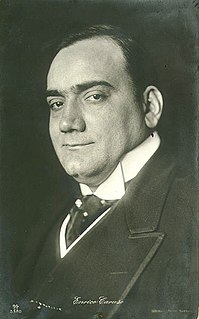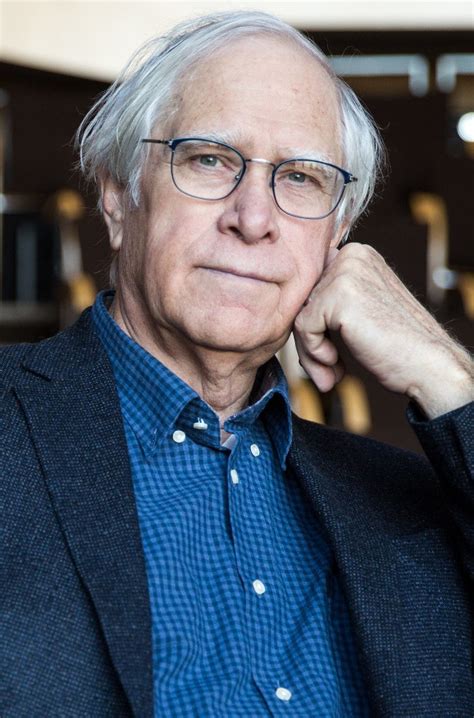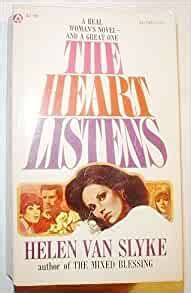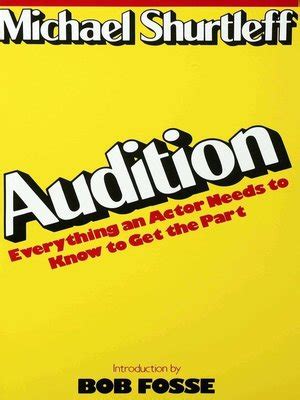A Quote by Enrico Caruso
During empathy one is simply 'there for' the other individual, when experiencing their own feelings while listening to the other, i.e. during sympathy, the listener pays attention to something about themselves, and is not 'there for' the client. Consider how you would feel if you sensed that the individual listening to you was getting into their own 'stuff' rather than hearing and reflecting exactly what you were feeling in a moment of need?
Related Quotes
Empathy occurs when we suspend our single-minded focus of attention and instead adopt a double-minded foucus of attention. When our attention lapses into single focus, empathy has been turned off. When we shift our attention to dual focus empathy has been turned on. Empathy is our ability to identify what someone else is thinking or feeling and to respond to there thought or feelings with an approriate emotion. Empathy makes the other person feel valued, enabling them to feel that their thoughts and feelings have been heard.
Sometimes listening to music can motivate you. It can. But if you're a musician, that isn't always the way to get new ideas because you don't want to take somebody else's ideas. You need to find your own. So if you go to different artistic mediums, whether it's dance or it's visual arts or films or books, stories, sometimes it gets you hearing things, hearing progressions that you wouldn't come up with if you were just listening to other music because you don't want to copy progressions you've just heard.
The difference between listening and pretending to listen, I discovered, is enormous. One is fluid, the other is rigid. One is alive, the other is stuffed. Eventually, I found a radical way of thinking about listening. Real listening is a willingness to let the other person change you. When I’m willing to let them change me, something happens between us that’s more interesting than a pair of dueling monologues.
As an individual with my own hurts, I go into the Garden (Gethsemane) as often as I need to. There I identify with the pain in the other, with my part in that pain, my part in tempting someone to wound me. I experience the other's pain, and God's pain, and am devastated - because their pain becomes my own. Feeling such anguish, I can forgive, or deeply repent, either for myself or on behalf of the other.
Listening is much more than allowing another to talk while waiting for a chance to respond. Listening is paying full attention to others and welcoming them into our very beings. The beauty of listening is that those who are listened to start feeling accepted, start taking our words more seriously and discovering their true selves.
When a friend needs consoling, do not give in to the temptation of telling stories similar to theirs of disaster or bereavement. It is something people often do to show empathy but nothing is more tiresome than other people's problems when you want to focus on your own. Listening is by far the best form of consolation.
I feel like I gotta get out of myself sometimes. I think I'm in my own world sometimes. I don't like to let other people come into my own world. Especially with my teammates, my coaches, I should be doing that. The important people that need to know how I'm feeling. I can do a better job of telling them exactly how I feel.



































